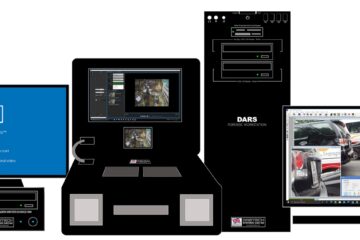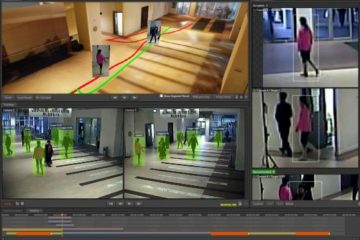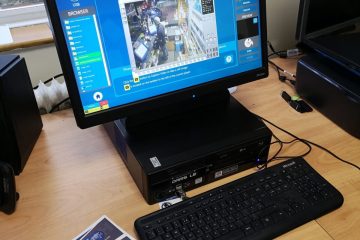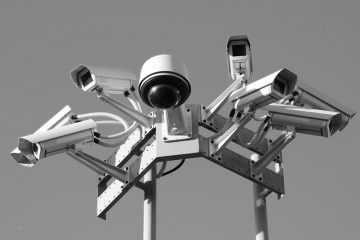Decoding DARS: The Intersection of Technology and Visual Insight

Introduction
Enter the realm of advanced data analysis with the Data Analysis and Recognition System (DARS), a groundbreaking fusion of the latest hardware and software technologies. DARS specializes in the analysis and processing of video and image-based evidence, bringing a new dimension to the world of visual intelligence.
The Heart of DARS: Unveiling Technological Synergy
DARS owes its exceptional capabilities to the seamless integration of cutting-edge hardware and software. The hardware’s processing power, coupled with high-performance GPUs, forms the technological backbone of DARS. On the software front, intricate algorithms enhance the system’s ability to recognize and interpret visual information with unparalleled precision.
DARS in Practical Scenarios
Witness DARS in action across diverse scenarios, from law enforcement to scientific research. In the context of law enforcement, DARS aids in criminal investigations by rapidly processing surveillance footage and extracting crucial details. Similarly, in scientific research, DARS facilitates the analysis of complex visual data, contributing to advancements in fields such as astronomy, biology, and environmental science.
DARS and the Evolution of Digital Evidence
The digital age has ushered in a new era of evidence, with visual data playing a pivotal role in legal proceedings. DARS emerges as a key player in this landscape, offering forensic analysts a powerful tool for reconstructing events from images and videos. Its contribution not only expedites investigations but also elevates the reliability of digital evidence in courtrooms.
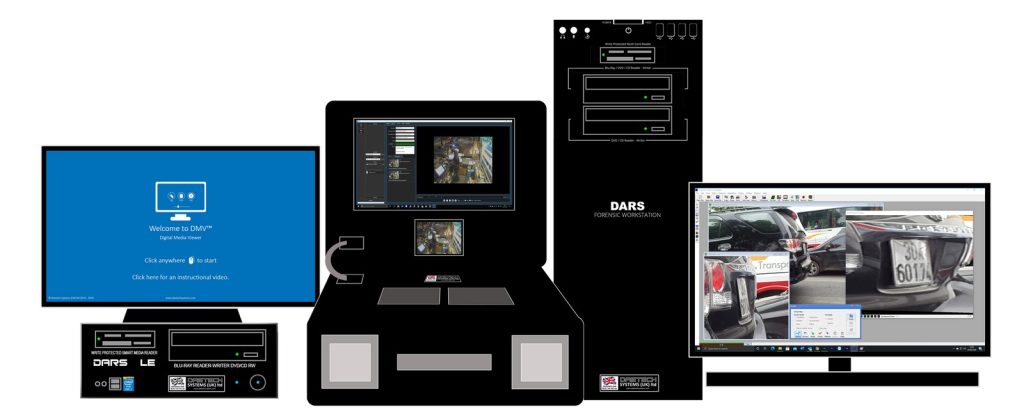
Embracing the Future: DARS and Beyond
As technology advances, so does the potential of DARS. Beyond its current applications, DARS paves the way for innovations in fields such as artificial intelligence, machine learning, and robotics. The fusion of hardware and software within DARS serves as a blueprint for future technological endeavors seeking to push the boundaries of data analysis.
Conclusion
In conclusion, the Data Analysis and Recognition System (DARS) emerges as a technological beacon, illuminating the possibilities at the intersection of hardware, software, and visual intelligence. As we navigate the digital landscape, DARS stands as a testament to the transformative power of technology, promising a future where the analysis of video and image-based evidence is not just efficient but profoundly insightful.

